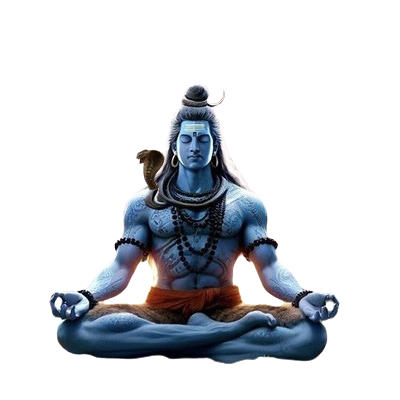
Maha Shiva Puja, performed during Shivaratri, is one of the most significant and revered Hindu rituals dedicated to Lord Shiva, the destroyer and transformer in the Holy Trinity (Trimurti) of Brahma, Vishnu, and Shiva. Shivaratri, meaning “The Night of Shiva,” falls on the 14th night of the new moon in the Phalguna month (usually in February or March) and is celebrated by devotees worldwide to seek Lord Shiva’s blessings for spiritual awakening, peace, and liberation (moksha).
The day is considered highly auspicious because it marks the convergence of the cosmic forces, and worshipping Lord Shiva on this night is believed to provide divine protection, remove obstacles, and cleanse one of sins. It is a day of fasting, chanting, and meditation.
The puja begins with devotees cleaning the home and the worship area. A Shiva Lingam, the symbolic representation of Lord Shiva, is placed on a clean altar. The Shiva Lingam is often adorned with flowers, bilva leaves (which are especially sacred to Lord Shiva), and sandalwood paste. The altar is decorated with kumkum, mango leaves, and incense to create a sanctified space for worship.
Devotees observe a fast on Shivaratri, either by staying completely without food or by consuming only fruits or light meals. The night is spent in chanting mantras, the most popular being Om Namah Shivaya, Maha Mrityunjaya Mantra, and Shiva Ashtakshara Mantra (“Om Namah Shivaya”), which invoke Lord Shiva’s blessings for health, wealth, and spiritual progress.
During the night, devotees perform abhishekam (ritual bathing) of the Shiva Lingam with offerings of milk, honey, water, ghee, and sugar while chanting mantras. Fasting, night-long prayers, and devotional singing are integral parts of the ritual. The puja concludes with the Shiva Aarti and the distribution of prasadam.
Shivaratri is a time for inner reflection, penance, and meditation, as it is believed that worshipping Lord Shiva on this night grants spiritual blessings and helps devotees progress on the path to liberation.

